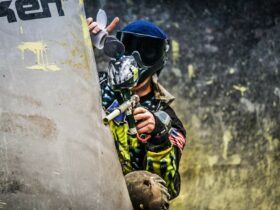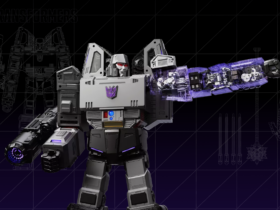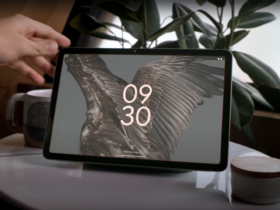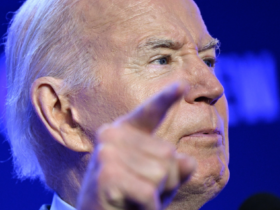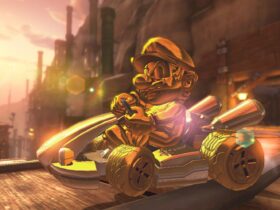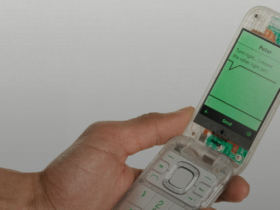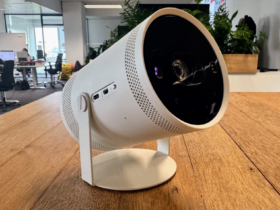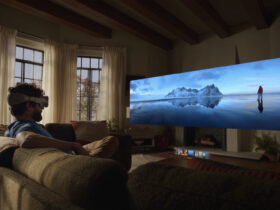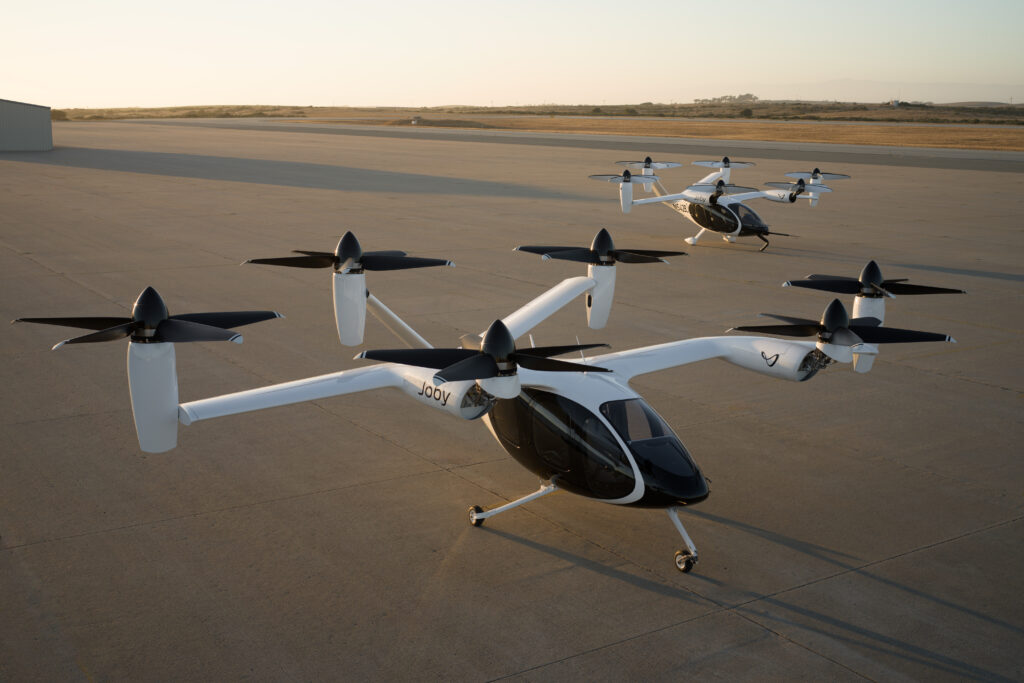FoThe U.S. military has set its sights on Joby Aviation’s flying cabs. The first eVTOL has now been delivered to the Air Force at Edwards Air Force Base.
Joby is six months ahead of schedule with this. Initially, the flying cabs would not be delivered until 2024. An eVTOL from Joby has room for four passengers and a pilot. The electric vehicle has a top speed of 320 km/h and can fly about 160 kilometers on a single battery charge.
U.S. military and NASA use flying cabs
The special thing about Joby’s air cabs is that they are electric passenger planes that can take off and land vertically. So they take off in a similar way to helicopters, while having the wings of an airplane. The eVTOLs are powered by batteries.
The U.S. Air Force’s plan is to use the flying cabs in demonstrations and logistics missions. The U.S. Air Force is not alone, as NASA is also going to work with the eVTOLs. This will allow it to investigate the extent to which Joby’s electric vehicles belong in national airspace.
NASA will support the tests at Edwards Air Force Base with pilots, researchers and equipment. In this way, the space agency wants to support important technological milestones in aviation and space travel. Thus, every effort is being made to advance the flying cab industry.
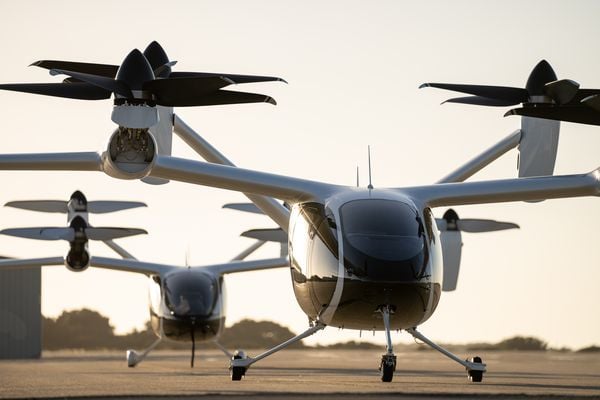 Are air cabs the future? Time will tell. (Image: Joby Aviation)
Are air cabs the future? Time will tell. (Image: Joby Aviation)
Dutch touch
The first delivery of flying cabs is part of Joby’s AFWERX project, which involves an estimated 125 million euros. Joby Aviation will deliver up to nine aircraft in total to the U.S. Air Force. The company is expected to deliver the second aircraft early next year.
Dutch GKN Fokker, a maker of aircraft parts, is going into business with Joby. Among other things, Fokker produces the rudders for the wings and tail of flying cabs. They make those parts in Hoogeveen. The companies have agreed on a multi-year cooperation for this purpose.









